ADVANCED PRACTICE NURSING ROLES.docx
$4.99$16.99
ADVANCED PRACTICE NURSING ROLES.docx
Registered nurses, with the desire to further their education and obtain a master’s degree, gain more knowledge, improve clinical competency, and be in a direct and more involved role in patient care, have the option to choose between four types of advanced practice nurse roles: Clinical nurse practitioner, (CNP), clinical nurse specialist (CNS), certified nurse midwife(CNM), and certified registered nurse Anesthetist (CRNA). The conscious decision to commit to graduate studies and to focus on expanding from undergraduate nursing knowledge to a master’s level is the first step in preparing to become an advanced nurse professional. Becoming a nurse practitioner will fully prepare students to assume the challenges that will collectively shape their capacity to excel as advanced nurses. Transitioning from a registered nurse to an advanced practitioner is the next step in a nursing career. In this paper, the roles of an advanced practice nurse will be discussed in detail, as well as the rationale for choosing to become a nurse practitioner versus another role.
Description
Registered nurses, with the desire to further their education and obtain a master’s degree, gain more knowledge, improve clinical competency, and be in a direct and more involved role in patient care, have the option to choose between four types of advanced practice nurse roles: Clinical nurse practitioner, (CNP), clinical nurse specialist (CNS), certified nurse midwife(CNM), and certified registered nurse Anesthetist (CRNA). The conscious decision to commit to graduate studies and to focus on expanding from undergraduate nursing knowledge to a master’s level is the first step in preparing to become an advanced nurse professional. Becoming a nurse practitioner will fully prepare students to assume the challenges that will collectively shape their capacity to excel as advanced nurses.
ADVANCED PRACTICE NURSING ROLES.docx
Transitioning from a registered nurse to an advanced practitioner is the next step in a nursing career. In this paper, the roles of an advanced practice nurse will be discussed in detail, as well as the rationale for choosing to become a nurse practitioner versus another role. In addition, the strategies to transition from registered nurse to nurse practitioner will be explained. According to The National Institute of Health, advanced practice nurse is a term used to describe registered nurses who have obtained a master’s degree. They become experts in complex decision-making, improve clinical competency skills, and obtain a greater level of autonomy to care for patients in a more involved and knowledgeable role.
ADVANCED PRACTICE NURSING ROLES.docx
The National Council of StateBoards of Nursing describes advanced practice registered nurses “as a vital part of the healthsystem on the United States” (NCSBN,2019). The capability of handling complex cases but with more independence and knowledge-based practice is what differentiates an advanced practice nurse from a registered nurse. As previously mentioned, advanced practice nurses have four options of specialization that focus on providing advanced patient care with the goal of improving patient outcomes. All four roles are unique in their own way and follow the specific scope of practice to care for the diverse growing pupation.
ADVANCED PRACTICE NURSING ROLES.docx
- NURSING 502 – medical (1537 Documents),
- NURSING C2346 – (865 Documents),
- NURSING C622 – Ophthalmology (212 Documents),
- NURSING 341P – (159 Documents),
- NURSING 310 – 310 (107 Documents),
- NURSING 3165 – (104 Documents),
- NURSING 440 – 440 (84 Documents),
- NURSING 520 – 520 (61 Documents),
- NURSING 3069 – 3069 (41 Documents),
- NURSING 2 – 2 (35 Documents),
Only logged in customers who have purchased this product may leave a review.

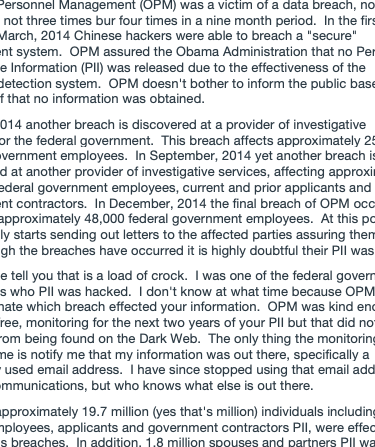
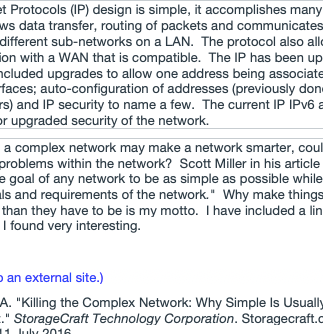
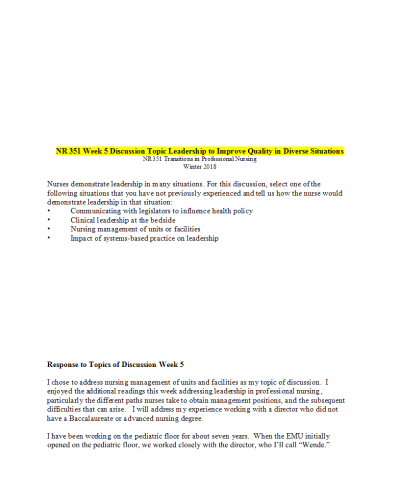
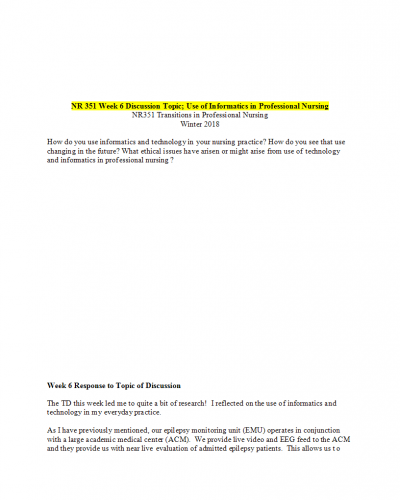

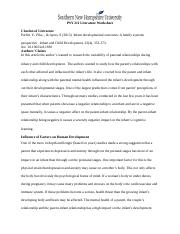
Reviews
There are no reviews yet.